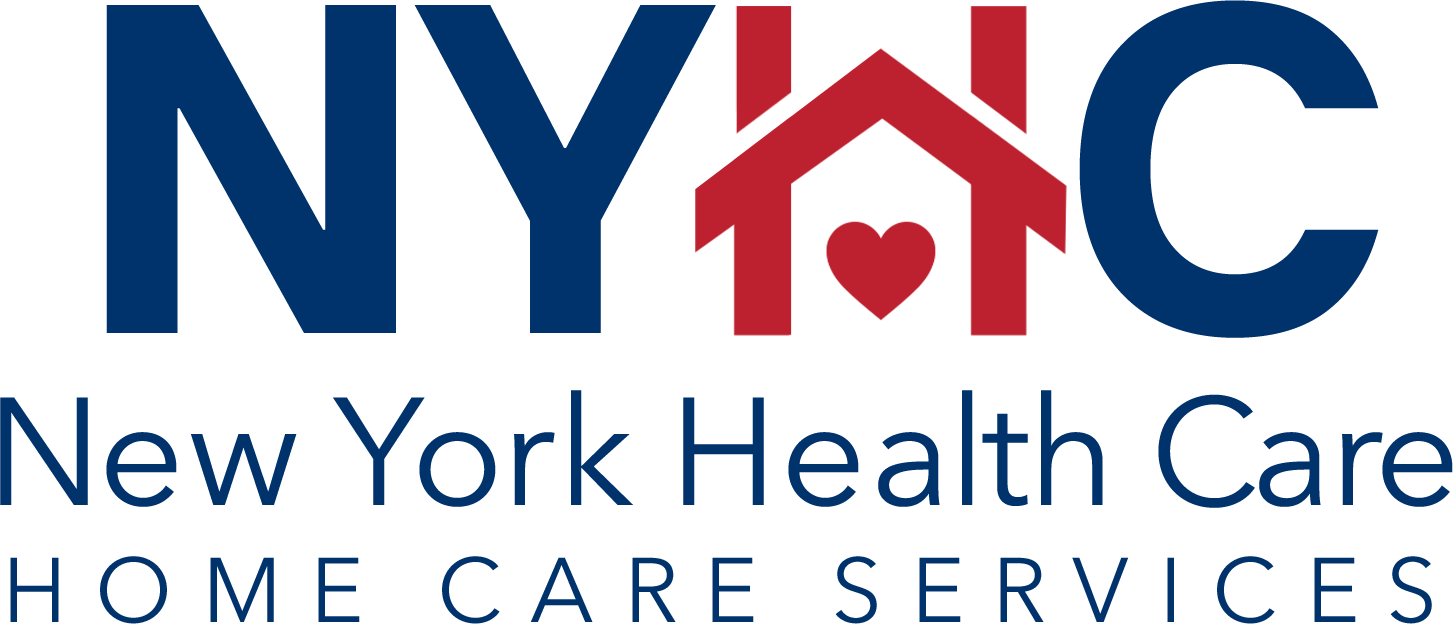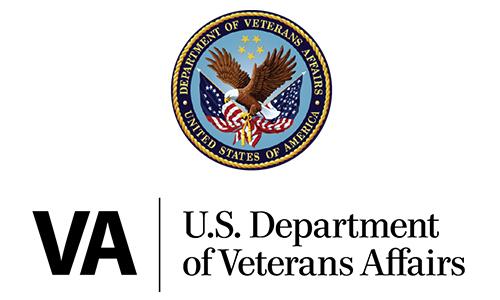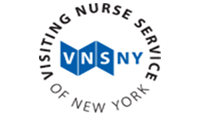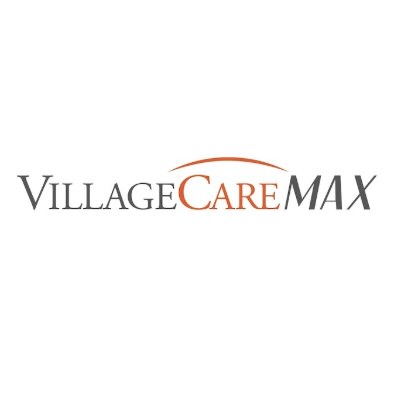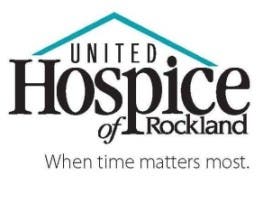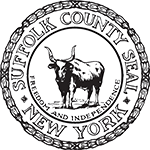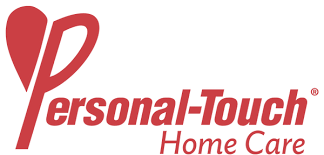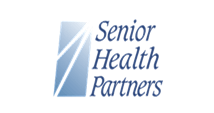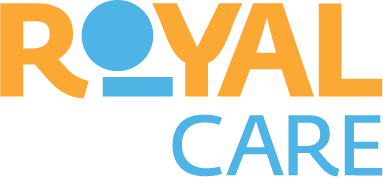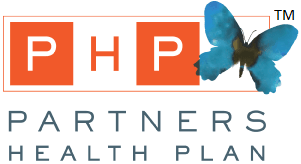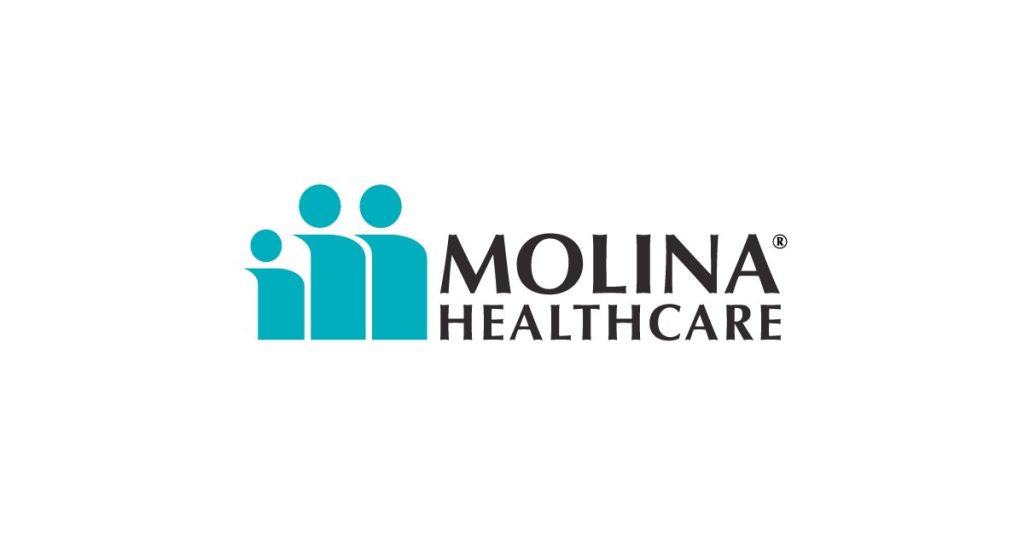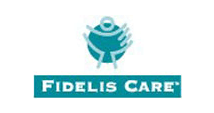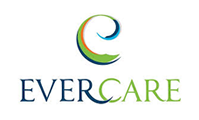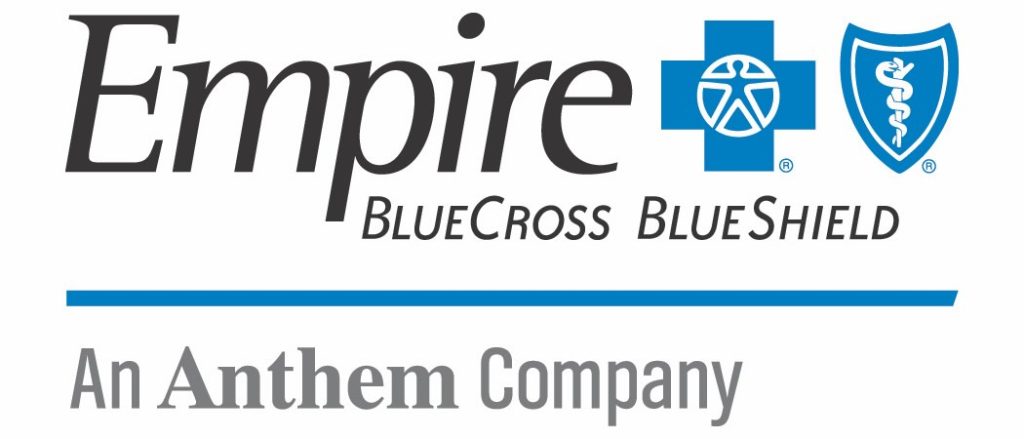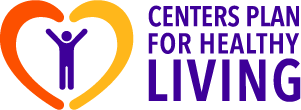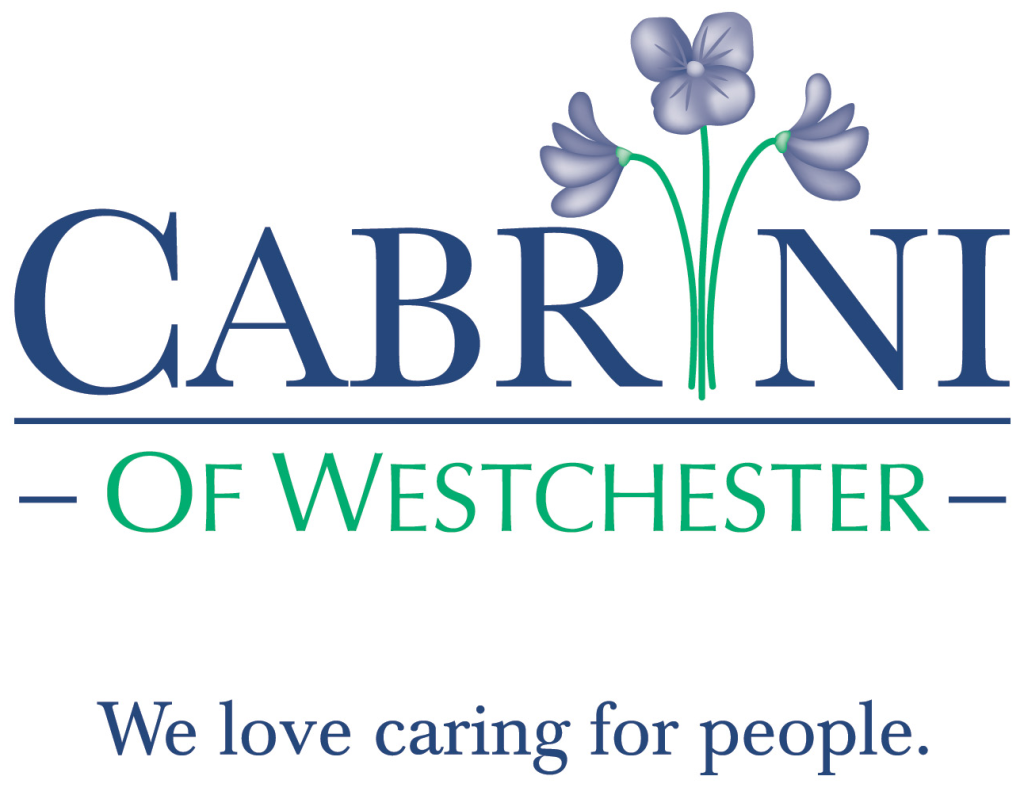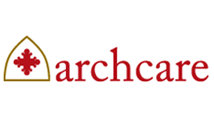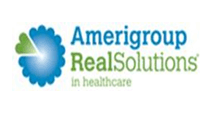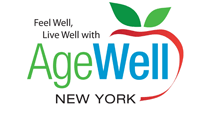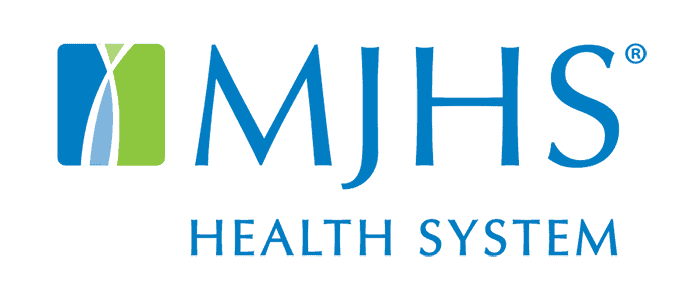Licensed Practical Nurse
Licensed Practical Nurses at NYHC
Welcome to New York Health Care (NYHC), where we are dedicated to enhancing the quality of home healthcare services in New York. In this challenging journey, our Licensed Practical Nurses (LPNs) stand at the forefront of ensuring that patients, disabled individuals, and those with chronic illnesses receive the unparalleled care they deserve. NYHC is committed to providing expert and compassionate LPNs across New York. Whether you or any of your loved ones need Licensed Practical Nurses’ services, NYHC could be the right choice.
At NYHC, our Licensed Practical Nurses are not just caregivers; they are experts in their field and compassionate individuals driven by the mission of enhancing the well-being of patients. Whether monitoring a patient’s health or administering basic medical care, our LPNs are trained enough to handle your healthcare. Let us take you through the essential roles of our nurses, the services they provide in New York, and how choosing New York Health Care (NYHC) can ensure an enhanced quality of life for you.
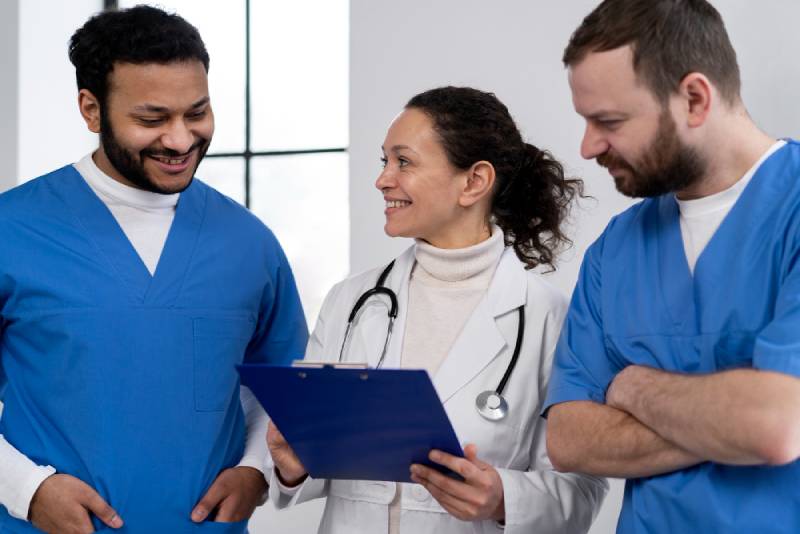
Who is a Licensed Practical Nurse?
A Licensed Practical Nurse is one who has enough medical care knowledge to provide basic patient care services to individuals in need. LPNs don’t work independently; their whole role is monitored by a Registered Nurse (RN), doctor, or other health expert. In simpler terms, an LPN is responsible for basic nursing care and is hired to ensure the patient’s comfort. They don’t get complex medical training but are expert enough to handle patients with medical conditions, including injured, sick, elderly, or disabled.
Besides providing basic medical care, Licensed Practical Nurses also work as a bridge between patients and their families or physicians. LPNs’ role includes ensuring smooth communication between all the concerned parties and ensuring that family members and physicians stay updated about their patient’s medical conditions. They can fulfill their duties in a variety of healthcare settings like homes, extended care facilities, physician’s offices, and hospitals.
What Services Our Nurses Provide?

Clinical Assessments
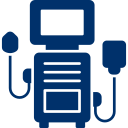
Ventilator care
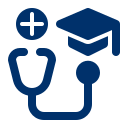
Medicine Administration

24 Hours Care

Personalized Care Plans

Record Keeping

Reporting

Communication
Join New York Health Care Today!
Why Choose New York Health Care for Licensed Practical Nurses?
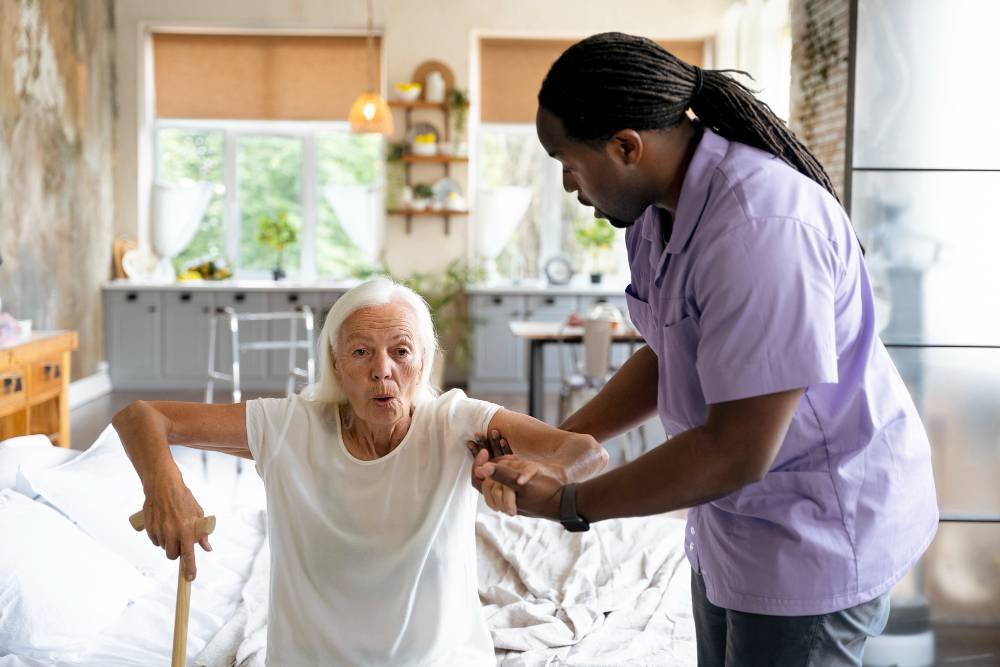
Expertise You Can Trust
Personalized and Compassionate Care
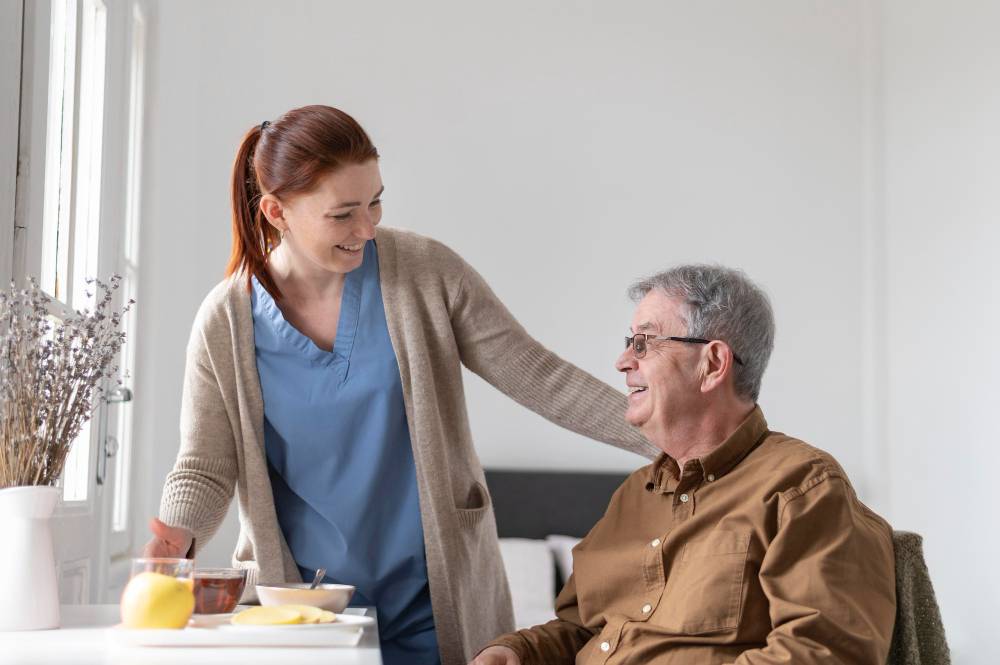
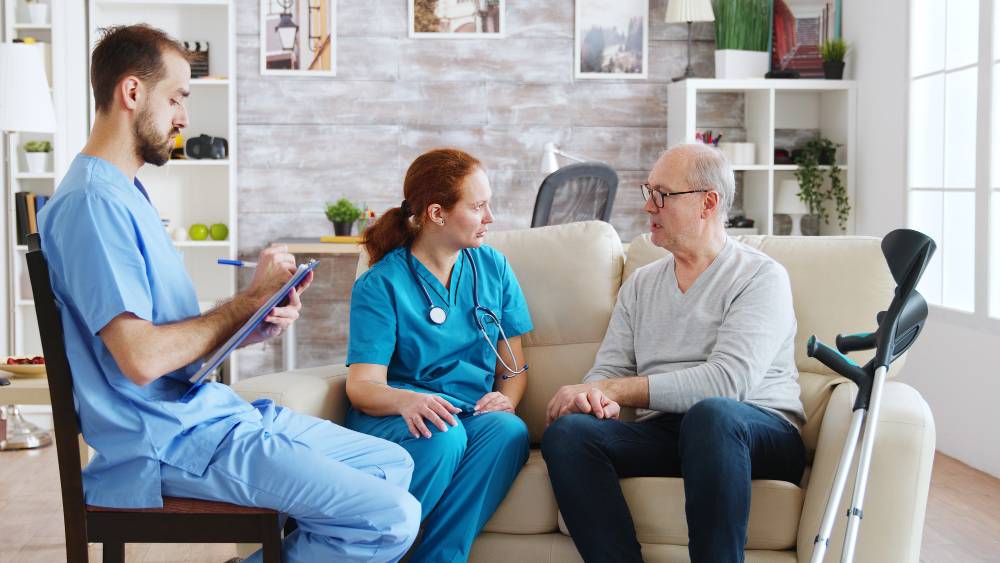
Client-Centric Approach
Comprehensive 24x7 Home Care
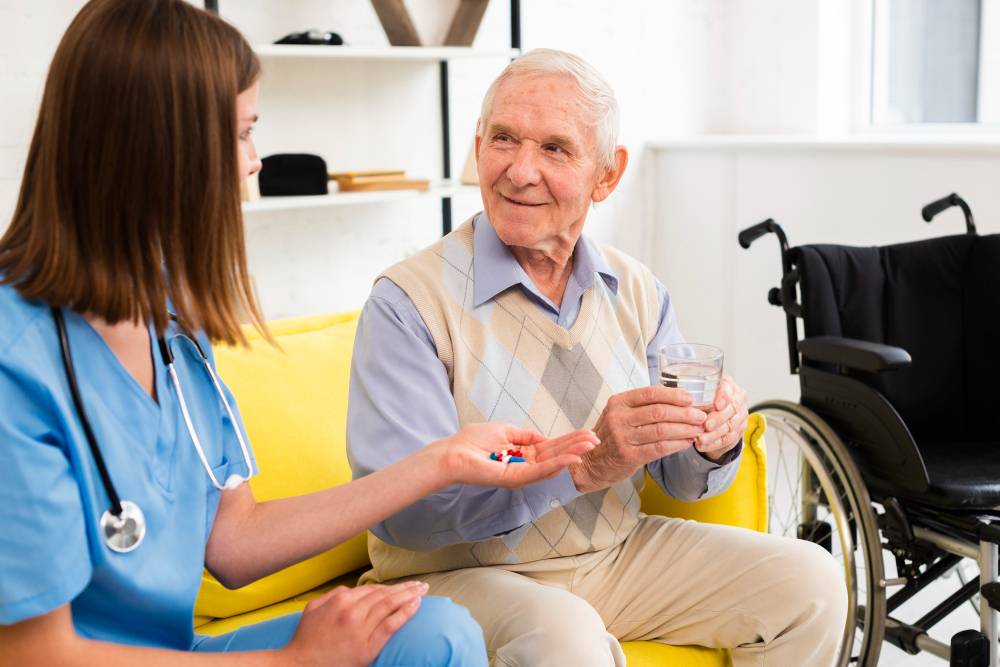
Frequently Asked Questions
How Much Do Licensed Practical Nurses Make?
The salary for Licensed Practical Nurses (LPNs) can vary based on factors such as location, experience, and the specific healthcare facility. On average, LPNs earn a competitive salary, and their compensation reflects the valuable contributions they make to the healthcare team.
How to Be a Licensed Practical Nurse (LPN)?
To become a Licensed Practical Nurse (LPN), individuals should follow these steps: complete a state-approved nursing program, pass the NCLEX-PN examination, and obtain licensure from the state nursing board. Continuous learning and professional development are also essential for maintaining licensure.
How to Become a Licensed Practical Nurse (LPN)?
To become a Licensed Practical Nurse (LPN), individuals typically need to complete a state-approved nursing program, which usually takes about 12-18 months. After completing the program, aspiring LPNs must pass the National Council Licensure Examination for Practical Nurses (NCLEX-PN) to obtain licensure.
What Are the Duties of a Licensed Practical Nurse (LPN)?
Licensed Practical Nurses (LPNs) are responsible for a range of duties, including administering medications, monitoring patient health, assisting with daily activities, and providing emotional support. They collaborate with registered nurses and other healthcare professionals to ensure comprehensive patient care.
What Are the Education Requirements for a Licensed Practical Nurse (LPN)?
The education requirements for a Licensed Practical Nurse (LPN) typically include completing a state-approved nursing program, which may be offered at vocational schools, community colleges, or other accredited institutions. These programs cover essential nursing concepts and provide hands-on clinical experience to prepare individuals for their role as LPNs.
What Are the Requirements to Be a Licensed Practical Nurse (LPN)?
To become a Licensed Practical Nurse (LPN), individuals must typically complete a state-approved nursing program, which includes both classroom instruction and supervised clinical experience. Additionally, LPN candidates must pass the NCLEX-PN examination to obtain licensure in their respective state.
What Do Licensed Practical Nurses Do?
Licensed Practical Nurses (LPNs) are involved in various patient care activities, including administering medications, monitoring vital signs, assisting with personal care, and collaborating with the healthcare team. They play a vital role in ensuring the well-being and comfort of patients under their care.
What Does a Licensed Practical Nurse Do?
Licensed Practical Nurses (LPNs) are responsible for performing a range of patient care tasks, including administering medications, monitoring vital signs, assisting with activities of daily living, and providing emotional support. They collaborate with registered nurses and other healthcare professionals to ensure the comprehensive care and comfort of patients.
What is a Licensed Practical Nurse (LPN)?
A Licensed Practical Nurse (LPN) is a healthcare professional who plays a crucial role in providing direct patient care under the supervision of registered nurses and physicians. LPNs are trained to deliver basic medical care, monitor patients, administer medications, and ensure the overall well-being of individuals in various healthcare settings.
What is the Salary for a Licensed Practical Nurse (LPN)?
The salary for a Licensed Practical Nurse (LPN) varies, but it is generally competitive. LPNs receive compensation that reflects their skill set, experience, and the demands of the healthcare industry. Salaries may also differ based on geographical location and the specific healthcare facility.
